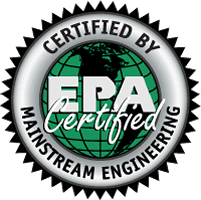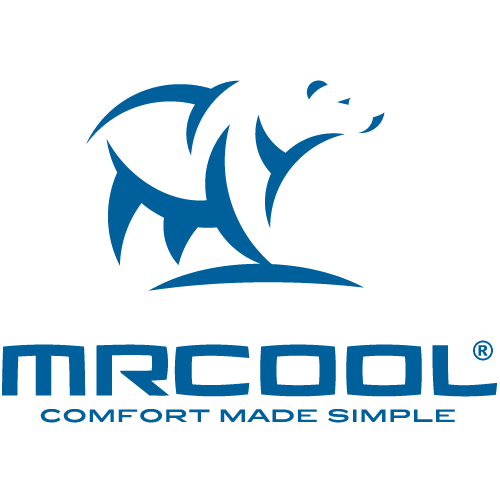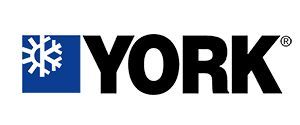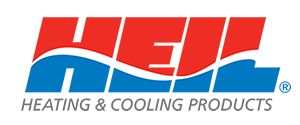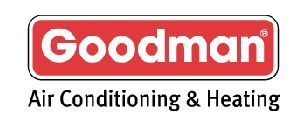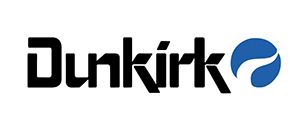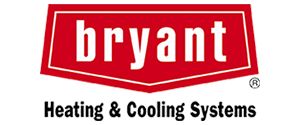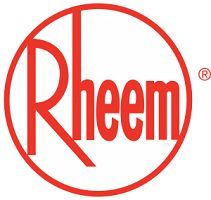EMERGENCY SERVICE
Radiant Driveway Snow Removal Systems
Introduction to Radiant Driveway Snow Removal Systems
What Are Radiant Driveway Snow Removal Systems?
Radiant driveway snow removal systems are advanced solutions designed to keep your driveway clear of snow and ice during the winter months. These systems work by heating the driveway surface to melt snow and ice, preventing the accumulation of dangerous ice patches and reducing the need for manual snow removal. Radiant systems come in two primary types: electric and hydronic.
Benefits of Installing Radiant Snow Removal Systems
Installing a radiant snow removal system offers numerous benefits, including enhanced safety, reduced physical labor, and increased property value. By eliminating the need for shoveling or plowing, these systems provide convenience and reliability, ensuring that your driveway remains accessible regardless of the weather conditions.
Planning Your Radiant Driveway Snow Removal System Installation
Assessing Your Driveway for Radiant Snow Removal System
Before installation, it’s crucial to assess the size and condition of your driveway. Factors such as the driveway's slope, surface material, and overall dimensions will influence the type of radiant system best suited for your needs. Consulting with a professional can help ensure that you choose the right system for optimal performance.
WHY CHOOSE US?
Choosing the Right System for Your Needs
Types of Radiant Snow Removal Systems
Radiant snow removal systems generally fall into two categories: electric and hydronic. Electric systems use heating cables or mats embedded in the driveway surface to provide warmth, while hydronic systems circulate heated water through tubing embedded in the driveway. Each type has its advantages and considerations, which should be evaluated based on your specific requirements.
Comparing Electric vs. Hydronic Systems
Electric systems are often easier to install and maintain, but they can be more expensive to operate. Hydronic systems, on the other hand, are typically more energy-efficient and cost-effective in the long run, especially for larger driveways. Evaluating the pros and cons of each system will help you make an informed decision.

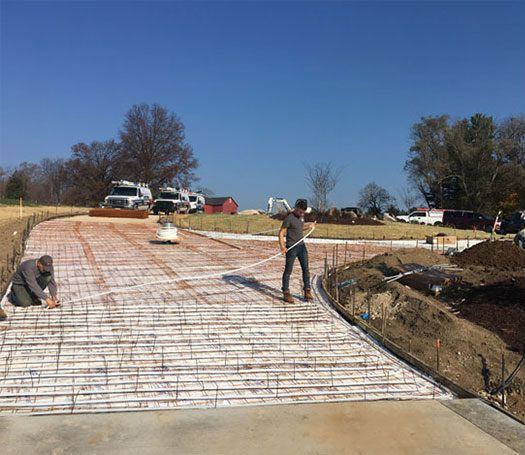
Preparing for Installation
Hiring a Professional vs. DIY Installation
While DIY installation of radiant driveway snow removal systems is possible, it requires significant expertise and precision. Hiring a professional ensures that the system is installed correctly and functions efficiently. Professionals also provide warranties and can handle any unforeseen issues that arise during the installation process.
Permits and Regulations
Local Building Codes
Installation of radiant snow removal systems may require permits and adherence to local building codes. It’s essential to check with your local authorities to ensure compliance with regulations and avoid potential legal issues.
Environmental Considerations
Consider the environmental impact of the installation, including energy consumption and potential effects on local wildlife. Opting for energy-efficient systems and following best practices can help minimize the environmental footprint of your radiant snow removal system.
Installation Process
Site Preparation and Excavation
Proper site preparation is crucial for the successful installation of radiant systems. This involves excavating the driveway to the required depth and ensuring a level surface. The quality of site preparation directly impacts the performance and longevity of the system.
Installing the Radiant Heating Elements
Electric Heating Mats and Cables
Electric systems involve laying out heating mats or cables according to a predetermined pattern. These elements are then embedded in the driveway surface, where they will provide consistent heat to melt snow and ice.
Hydronic Heating Tubing
Hydronic systems require the installation of tubing that will carry heated water throughout the driveway. This process involves carefully positioning the tubing to ensure even heat distribution and proper system functionality.
Connecting to the Power Source or Boiler
For electric systems, connecting to the power source involves wiring the heating elements to the electrical grid. Hydronic systems require connection to a boiler or heating source that will provide hot water to the tubing.
Testing and Finalizing the System
System Testing Procedures
Once installation is complete, testing the system is essential to ensure it operates correctly. This involves checking for proper heat distribution, verifying connections, and running the system through a full cycle to identify any issues.
Troubleshooting Common Issues
Common issues with radiant driveway snow removal systems include uneven heating, electrical malfunctions, and leaks in hydronic systems. Troubleshooting these problems promptly can prevent more significant issues and ensure the system remains effective throughout the winter season.
Maintenance and Care for Radiant Driveway Snow Removal Systems
Regular Maintenance Tips
Routine maintenance of your radiant snow removal system involves checking for signs of wear and tear, cleaning the system components, and ensuring all connections are secure. Regular maintenance helps prolong the life of the system and maintain its efficiency.
Winter Season Care
During the winter season, it’s important to monitor the system regularly and address any issues that arise. Ensuring that the system is functioning correctly throughout the winter will help keep your driveway clear and safe.
Costs and Budgeting
Initial Installation Costs
The cost of installing a radiant driveway snow removal system varies based on factors such as the size of the driveway, the type of system chosen, and installation complexity. It’s essential to obtain detailed estimates and plan your budget accordingly.
Long-Term Operating Costs
Operating costs for radiant snow removal systems depend on factors like energy consumption and system efficiency. Electric systems typically have higher operating costs compared to hydronic systems, which are generally more energy-efficient.
Return on Investment
Investing in a radiant snow removal system can enhance property value and improve convenience. Evaluating the long-term benefits and potential cost savings can help determine the return on investment for your installation.
FAQs about Radiant Driveway Snow Removal Systems Installation
How long does installation take?
The installation time for a radiant driveway snow removal system varies depending on the system type and driveway size. Generally, installation can take several days to complete.
What are the common maintenance issues?
Common maintenance issues include uneven heating, system leaks, and electrical problems. Regular inspections and maintenance can help address these issues before they become major problems.
Can I install a radiant system myself?
While DIY installation is possible, it is recommended to hire a professional to ensure proper installation
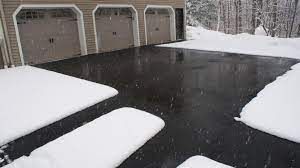
Would You Like to Know More?
We have a simple mission, to become the best provider of HVAC services in the major metropolitan area. We have been working nonstop, providing excellent customer service at competitive prices. If you would like to know more about our services and our track record in your city, give us a call today!

